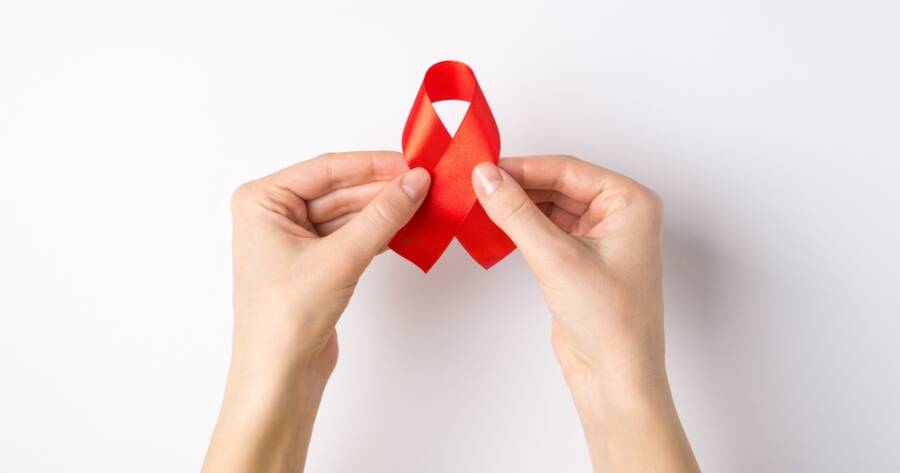Managing an HIV diagnosis involves navigating medical care, emotional support, and preventive actions to maintain health and reduce transmission. From starting antiretroviral therapy to fostering supportive relationships, understanding key steps ensures active involvement in personal healthcare plans. Discover comprehensive strategies to empower a fulfilling life with HIV, reinforcing that a diagnosis is a manageable aspect of life rather than a limitation.
Steps to Take If You Have HIV
Being diagnosed with HIV can feel overwhelming, but understanding how to navigate this new reality is crucial for maintaining health. First and foremost, it is critical to recognize that HIV is a manageable condition, much like chronic illnesses such as diabetes. With proper treatment, the life expectancy of individuals with HIV is comparable to those without it.
Initial Medical Steps
Consulting a healthcare professional experienced in HIV care is a vital first step. This initial visit will include a baseline medical evaluation that is necessary to track changes in health over time and to inform medication decisions and treatment timing. Starting antiretroviral therapy (ART) promptly is essential to control the virus, protect the immune system, and prevent transmission.
Ongoing Health Management
Maintaining regular medical appointments allows individuals with HIV to closely monitor their health, including routine blood tests that track viral load and CD4 count. These appointments are crucial for addressing any health issues and assessing the effectiveness of ongoing treatment. Regular health monitoring not only supports physical well-being but also presents opportunities for individuals to keep actively involved in their healthcare plan by seeking continuous guidance from healthcare providers.
Disclosure and Legal Considerations
Deciding when and to whom to disclose your HIV status is a deeply personal decision. In some instances, disclosure might be legally necessary — for example, to sexual partners or when sharing needles. Nonetheless, voluntarily sharing this information with close family members or trusted friends can provide emotional support and practical assistance, enhancing personal and medical support systems.
Preventative Actions and Reducing Transmission
Preventative measures are paramount to protecting both oneself and others. Consistent use of condoms, avoiding sharing needles, and refraining from breastfeeding can minimize the risk of transmission. For partners of HIV-positive individuals, considering PrEP (pre-exposure prophylaxis) can reduce their risk. It is vital to stay informed about effective compliance with prescribed ART to maintain an undetectable viral load, thus eliminating the risk of sexual transmission and protecting public health.
Educational Resources and Support Networks
After diagnosis, education about HIV and its management is key to informed decision-making. Accessing reliable information from sources like HIV.gov helps demystify the condition and quell any associated fears. Actively participating in support groups or networks can provide valuable insights and solidarity. These groups are available through medical clinics and online platforms, offering a space to share experiences and advice that enhance emotional and mental resilience.
Emotional and Mental Health Support
Coping with an HIV diagnosis requires addressing emotional and mental well-being alongside medical treatment. Engaging with mental health professionals or peer support communities can help manage the psychological impact of the diagnosis. Encouraging open discussions about challenges and fostering relationships with loved ones are crucial components of a robust support system. This comprehensive approach supports a balanced life with HIV.
Why You Should Learn More About Managing HIV Today
Understanding the steps to take after an HIV diagnosis empowers individuals to manage the condition effectively and live fulfilling lives. Armed with knowledge about starting treatment, maintaining regular health check-ups, taking precautionary measures, and accessing supportive resources, individuals can thrive. Education and open communication play essential roles, enabling individuals to remain vigilant against potential health complications and to engage proactively with their health journey. Continuous learning and support not only improve individual outcomes but also contribute to broader public health efforts. Embracing these steps fosters a future where living with HIV is not a life limitation but a manageable aspect of life.
